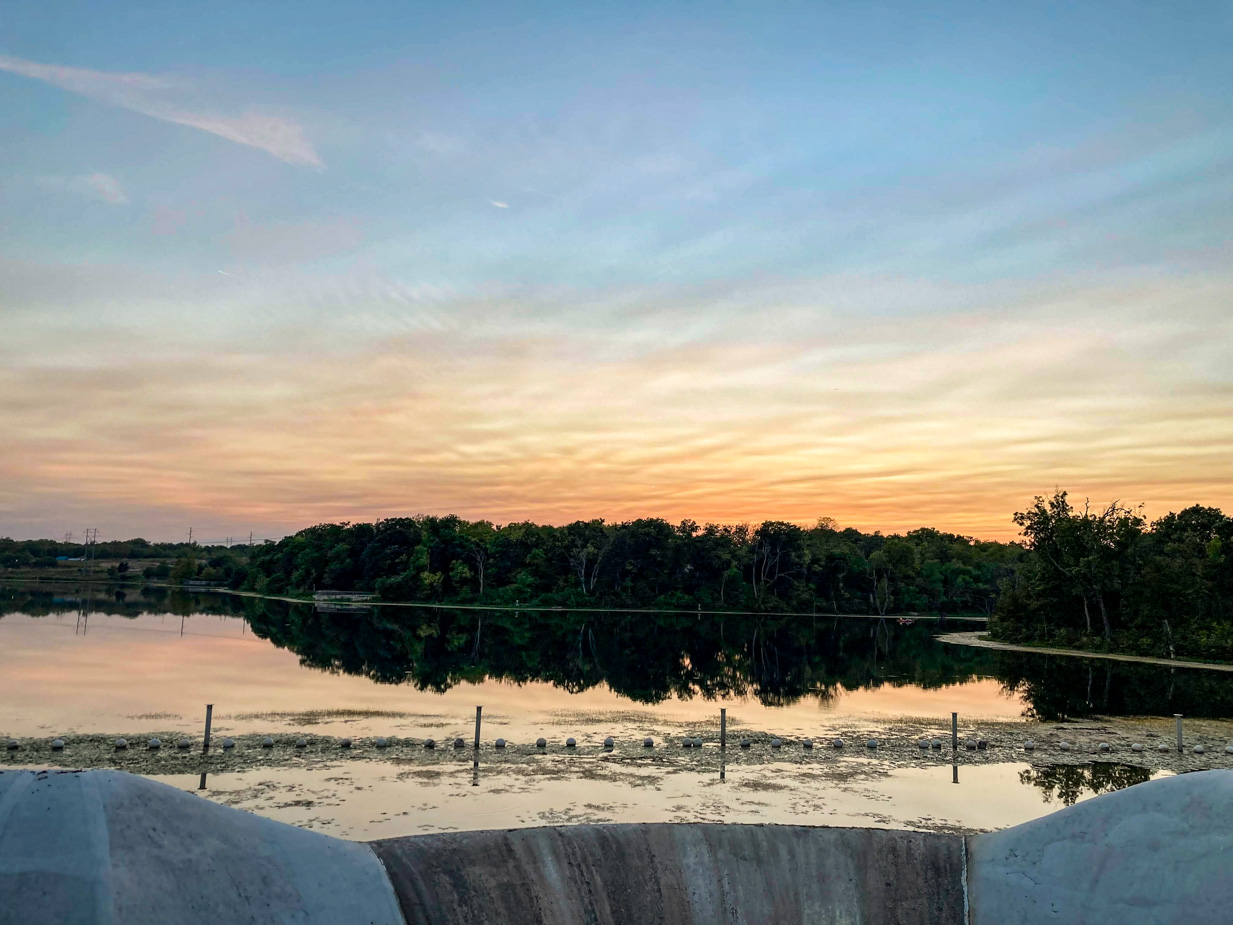

 ©Kris Gerbrandt
©Kris Gerbrandt
Chapter 4:1-6 (ESV) - Now when Sanballat heard that we were building the wall, he was angry and greatly enraged, and he jeered at the Jews. And he said in the presence of his brothers and of the army of Samaria, “What are these feeble Jews doing? Will they restore it for themselves? Will they sacrifice? Will they finish up in a day? Will they revive the stones out of the heaps of rubbish, and burned ones at that?” Tobiah the Ammonite was beside him, and he said, “Yes, what they are building—if a fox goes up on it he will break down their stone wall!” Hear, O our God, for we are despised. Turn back their taunt on their own heads and give them up to be plundered in a land where they are captives. Do not cover their guilt, and let not their sin be blotted out from your sight, for they have provoked you to anger in the presence of the builders.
So we built the wall. And all the wall was joined together to half its height, for the people had a mind to work.
Question to consider: Why did Sanballat and Tobiah jeer at the Jews?
Samaria was once the capital of the northern kingdom of Israel before it was defeated by the Assyrians and repopulated by a melting pot of different peoples. In 2 Kings 17:24-41 is the account of the resettling of Samaria. In it, we find out that the people set up instruments of worship to their foreign gods and experienced an attack of the people by lions. In an effort to stop the lion attacks, they pleaded with the Israelites to instruct them on how to appease their god. The solution was to give them the Law. The result was that “these nations feared the Lord and also served their carved images.” (2 Kings 17:41)
The Jews therefore never treated them as brothers who “worshiped” the same god, but as heathens who committed blasphemy in their use of the Law. When Jerusalem was overthrown by Babylon, people like Sanballat and Tobiah saw it as vindication so they were angry and greatly enraged that the city was going to be rebuilt without them having any part of it.
The jeers always remind me of Monty Python and the Holy Grail when king Arthur argued with the French over who had received a sacred quest. Sanballat and Tobiah intended to either goad the Jews into a fight or to intimidate them into abandoning their quest to rebuild the city. Nehemiah did neither but instead prayed to the Lord for divine justice.
The apostle Paul had the same advice to the church in Rome when they faced injustice, “Beloved, never avenge yourselves, but leave it to the wrath of God, for it is written, ‘Vengeance is mine, I will repay, says the Lord.’” (Romans 12:19) While there is nothing wrong with praying for God’s justice as Nehemiah does, we should do so with the idea that first and foremost we desire for our enemies to repent and turn to Christ. I am quite sure that if Sanballat and Tobiah repented and sought to be reconciled with the Israelites, Nehemiah’s prayer for judgment would turn to one of mercy, and he would have rejoiced at their change of heart.
Even though that wasn’t the case in this situation, Nehemiah left the situation in God’s hands, avoided a battle and allowed the walls to be built up enough to be joined together.
Dear heavenly Father, thank You for the meekness shown by Nehemiah. Likewise, help us to remain focused on bringing glory to Christ, even in the midst of the trials and tribulations of this world so that Your temple may be built up, one living stone at a time. Amen.